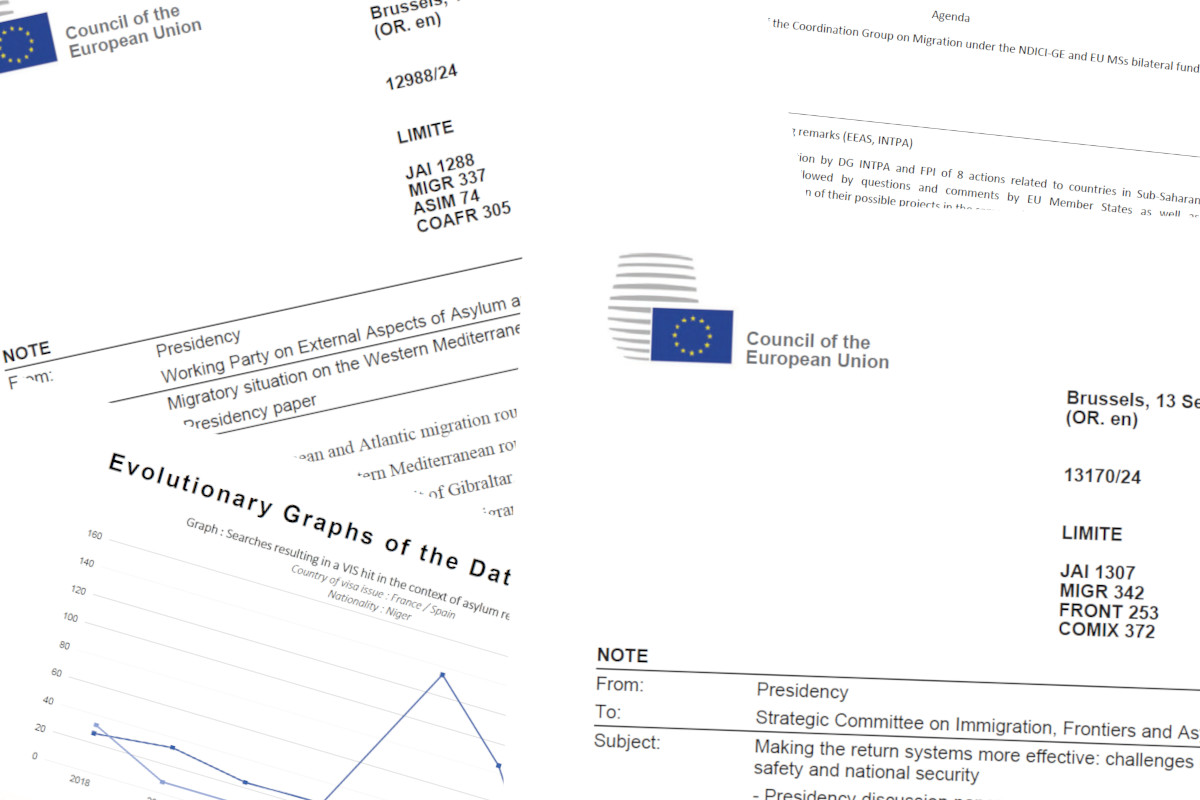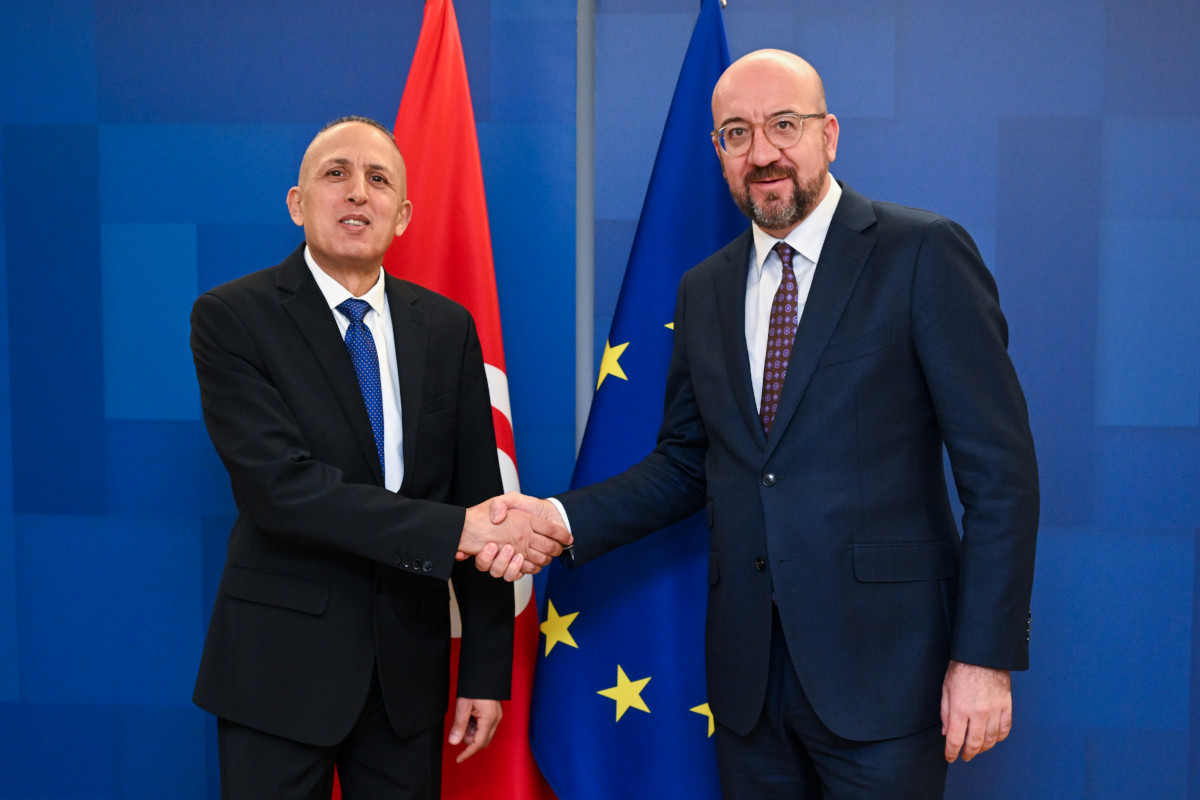October

New externalisation bulletin: Sudan, North Africa, dozens of official documents
The latest edition of the bulletin Outsourcing borders: Monitoring EU externalisation policy is now available, featuring analyses on the EU’s position with regard to refugees fleeing the war in Sudan, the EU’s ongoing support for authoritarian and violent regimes in North Africa, and the release of dozens of previously-unavailable official documents.

European support for human rights violations in Tunisia "must end"
"European policies to externalize border management to Tunisia are supporting security authorities who are committing serious violations" of human rights, says a joint statement signed by dozens of organisations from Europe, North Africa and beyond, including Statewatch. The statement calls on the EU and its member states to demand that Tunisian authorities respect human rights, end their crackdown on civil society organisations, ensure that people rescued at sea are not disembarked in Tunisia, and to end their financial and technical support to Tunisian security authorities.

EU: Hungarian Council presidency takes aim at refugees and asylum-seekers
In a move that is unlikely to surprise anyone, the Hungarian Council Presidency has kicked off discussions on reviewing the status of international protection beneficiaries, and how member states deal with individuals whose asylum applications have been refused, but who cannot be deported.

EU: Definition of “potential terrorists” opens door to broad information-sharing
EU member states can now collect and share information on “potential terrorists”. This category is based on a new informal definition that was agreed with no democratic scrutiny. While claiming to target those who may engage in political violence, there is potential for far broader application.

European data protection authorities urged to take action on new cybercrime convention
A letter signed by Statewatch and a number of other organisations calls for the European Data Protection Board to issue an opinion on the new UN Convention on Cybercrime, due to the "serious risks" it poses to human rights. Those risks include provisions that would empower national authorities to obtain access to encrypted communications and force communications service providers to retain large amounts of user data.
Spotted an error? If you've spotted a problem with this page, just click once to let us know.